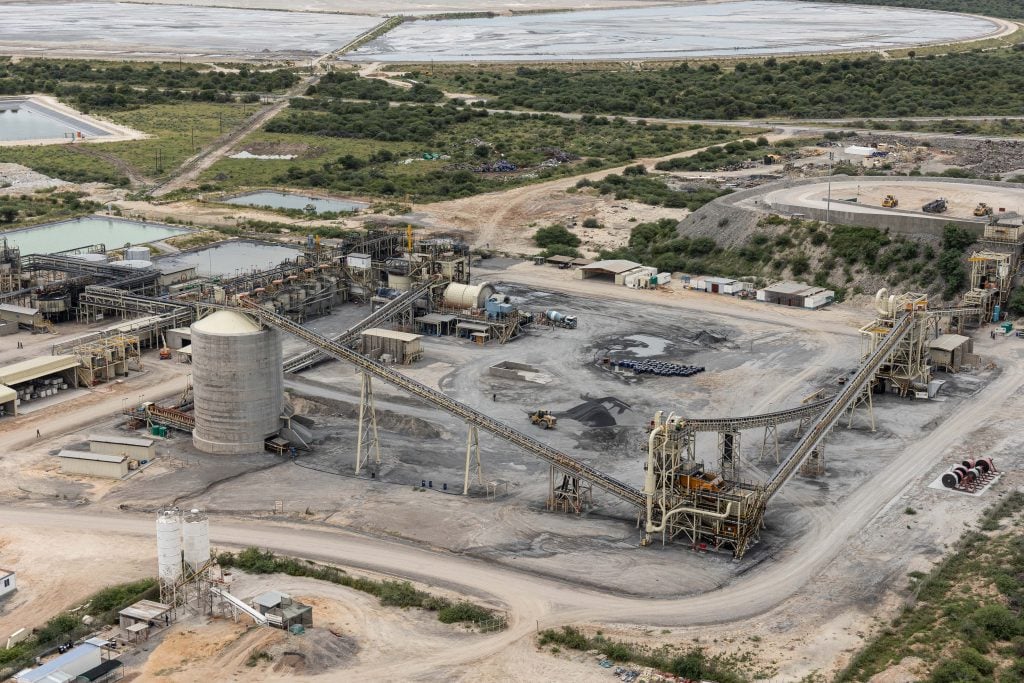
The Khoemacau copper mine in Botswana was acquired by China's MMG last year.
Lending, investment and trade data show China’s flagship economic cooperation programme is bouncing back from a lull caused by the Covid-19 pandemic, with a key focus on Africa, according to a Reuters analysis on May 28.
Chinese leaders have cited billions of dollars in pledges for new construction projects and two-way trade as evidence of their commitment to supporting the continent's modernization and promoting "win-win" cooperation.
Focus on mining
However, the data suggests a more complex and largely exploitative relationship, according to the analysis.
While investment in Africa increased by 114% last year (data from the Griffith Asia Institute at Griffith University, Australia), China is focusing heavily on minerals needed for the global energy transition and China's plans to revive its own economy.
Minerals and oil also dominate trade. As efforts to increase imports of other goods from Africa, including agricultural and manufactured goods, have failed to materialize, the continent’s trade deficit with China has ballooned.
China had $21.7 billion in total investment commitments and contracts in Africa last year, according to the Griffith Asia Institute. Data from the American Enterprise Institute shows that investment reached nearly $11 billion last year, the highest level since the Washington, DC-based organization began tracking China’s economic activity in Africa in 2005.
About $7.8 billion of that is related to mining, such as Botswana's Khoemacau copper mine, which China's MMG bought for $1.9 billion, or cobalt and lithium mines in countries like Namibia, Zambia and Zimbabwe.
US, Europe compete with China in Africa with railways
Infrastructure investment reduced
Chinese government loans, traditionally the main source of financing for African infrastructure, are at a two-decade low. Public-private partnerships have also failed to gain traction in Africa.
The result is a relationship that is more one-sided than China would like, largely based on imports of raw African minerals that some analysts say mirror Europe’s colonial-era economic relationship with Africa.
The Chinese Foreign Ministry rejected the above statement.
"Africa has the right, ability and wisdom to develop its foreign relations and choose its partners. China's practical support for Africa's modernization path that suits the continent's unique characteristics has been welcomed by more and more countries there," according to the Chinese Foreign Ministry.
When asked about the decline in infrastructure investment in Africa, Chinese officials argued that trade would boost Africa's wealth and development.
Trade deficit
Two-way trade hit a record $282 billion last year, but African exports to China fell 7 percent, largely due to lower oil prices, and the trade deficit widened to 46 percent.
Chinese officials have sought to assuage the concerns of some African leaders. China has also pledged to increase agricultural imports from Africa, although the effort has so far fallen short of expectations.
In Kenya, exports to China fell more than 15% to $228 million last year, as a drop in titanium production led to a drop in shipments of the metal, a key export to China. But Chinese manufactured goods continued to flow in.
That is unsustainable, said Francis Mangeni, an adviser to the African Continental Free Trade Area Secretariat. Unless African countries can add value to their exports through increased processing and manufacturing, he said, “we are just exporting raw minerals to fuel our economies.”
Source: https://thanhnien.vn/hau-covid-19-trung-quoc-tro-lai-manh-me-hon-o-chau-phi-185240528152743647.htm


![[Photo] Prime Minister Pham Minh Chinh receives Swedish Minister of International Development Cooperation and Foreign Trade](https://vphoto.vietnam.vn/thumb/1200x675/vietnam/resource/IMAGE/2025/5/12/ae50d0bb57584fd1bbe1cd77d9ad6d97)
![[Photo] Prime Minister Pham Minh Chinh starts construction of vital highway through Thai Binh and Nam Dinh](https://vphoto.vietnam.vn/thumb/1200x675/vietnam/resource/IMAGE/2025/5/12/52d98584ccea4c8dbf7c7f7484433af5)



![[Photo] Prime Minister Pham Minh Chinh works with the Standing Committee of Thai Binh Provincial Party Committee](https://vphoto.vietnam.vn/thumb/1200x675/vietnam/resource/IMAGE/2025/5/12/f514ab990c544e05a446f77bba59c7d1)
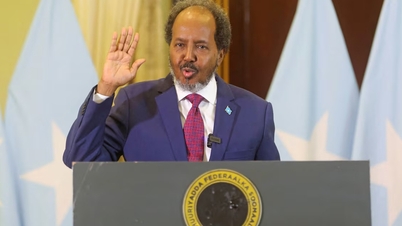




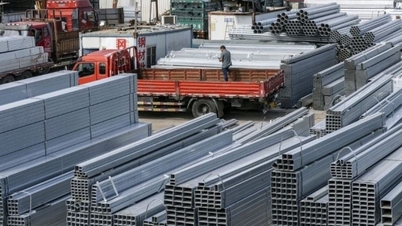



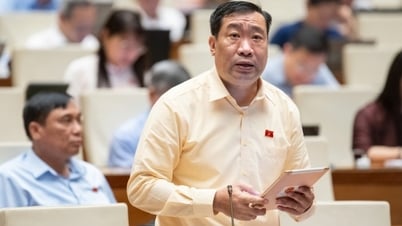
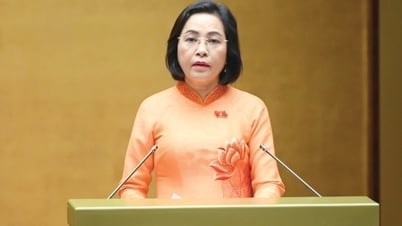
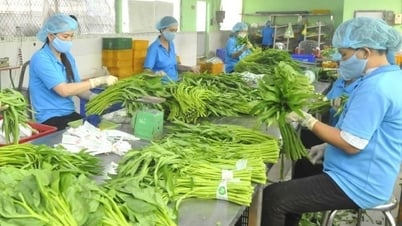
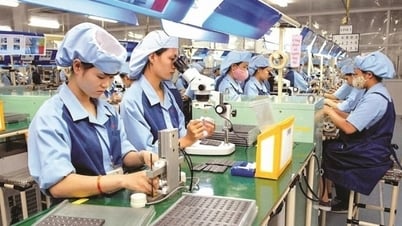






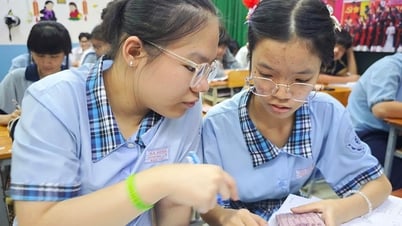



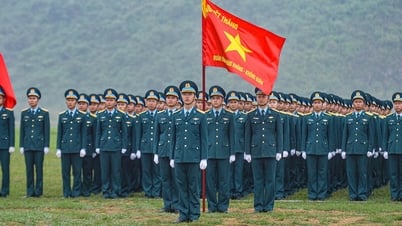




















































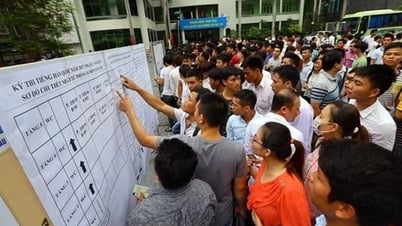
















Comment (0)